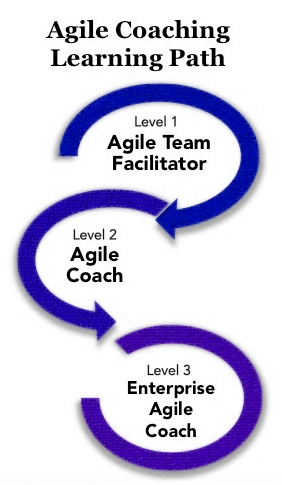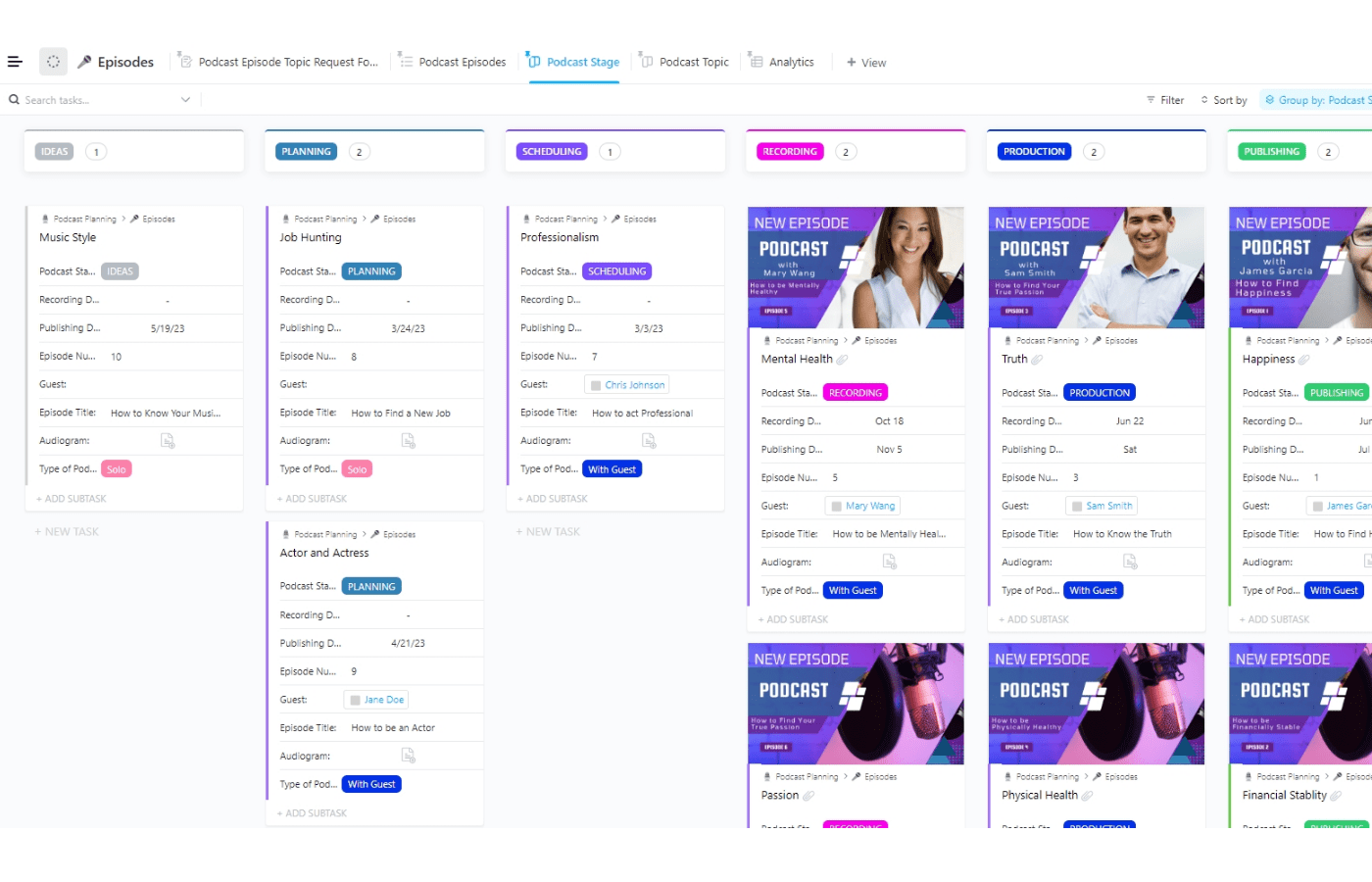Companies are adopting agile methodologies so they can act and react more quickly against disruptive new trends and challenges that traditional organizations are unable to manage. The traditional, static, and siloed organization with structural hierarchy is unable to cope effectively against a constantly evolving environment, continuous introduction of disruptive technology, increased transparency, volume, and distribution of information, and a fierce scramble for talent. In contrast, agile organizations are ideally structured to operate with velocity, adaptability, stability, and efficiency. This trend has created a furious demand for agile methodology coaches.
Benefits of agile coaches in the organization
Implementing the agile project management methodology in the organization can help streamline processes so that the business remains efficient and lean. Although easy to understand, agile is hard to master. Business leaders assume that it is easy to implement agile methods within a team, department, or across the organization, then run into problems when making the switch from their traditional process and structure. In this situation, the agile coach becomes invaluable to the team by:
- Figuring out the reasons why agile is not delivering expected results
- Identifying the needed steps to remedy expectation problems
- Encouraging everyone to get on board with a new methodology
- Giving guidance to help teams navigate through the early rough times
- Helping the organization navigate around roadblocks and pain points during the adoption process
- Keeping business going while building new agile teams
- Establishing a functional agile team before leaving or relinquishing the post

Read also: Agile vs. Waterfall: Differences in Software Development Methodologies?
Agile coach role and responsibilities
As more businesses turn to agile methods for project management, it becomes essential to provide or identify an agile coach to work closely with the team, collaborate with all stakeholders, and provide business coaching throughout the project lifecycle.
Agile team organizer
The need for an agile coach comes when a company transitions from their existing traditional practices to agile methods and principles. The agile coach is responsible for organizing the agile team and can be a permanent employee or a temporary contractor. Larger businesses have a permanent agile coach to help multiple teams adopt the methodology long term. Midsize and small businesses hire an agile coach on a contract basis to help get an agile team up and running, then part ways when the team completes the adjustment.
Cultural change advocate
The agile coach helps a company embrace agile methods into its culture. As agile coaches implement the methodology, they shift traditional command-and-control management practices into collaborative and team-centric environment. They are also responsible for encouraging the buy-in from employees and key stakeholders as well as nurturing the organization while in transition.
Read also: Developing a New Project-Centric Culture for Organizational Innovation
Agile methodology champion
An agile coach commonly has a project management, product management, IT, or software development background. Agile coaches have experience with more than one agile methodologies, which can include Scrum, Kanban, Scaled Agile Framework (SAFe), Large-scale Scrum (LeSS), and Disciplined Agile Delivery (DaD). They introduce the fundamentals to those unfamiliar with it and make the framework accessible to everyone. They teach the basics to bring people up to speed.
Patient leader and guide
Agile coaches need to communicate and work closely with both management and staff across the company. They need to wisely navigate the corporate culture, work closely with leadership to provide the vision, help transform teams to be self-managing and accountable, and be patient with those who silently resist their loss of power and control.

Other responsibilities are:
- Integrate related methodologies within the company
- Develop standards and requirements for the agile process
- Helps teams navigate agile tools and software
Types of agile coaches and specialties
The agile coaching learning path, according to the Agile Coaching Institute, has three levels of development. Agile coaches use different role names, such as Scrum master, iteration manager, or Kanban coach. But they generally fall into three types according to the audience they coach.
Agile Team Facilitator

The Agile Team Facilitator helps one or a few teams use agile practices well. They facilitate to help teams discover self-organization, empowerment, and creativity. They help a team transition to agile and ultimately increase the team’s productivity. Agile Team Facilitators use their technical proficiency more than the other agile coach types to be an effective coach. They closely work with the team and engage in detailed discussions. Teams will trust their coach more if the coach can show at least a high-level of technical understanding of a subject matter, such as a choice between two coding languages.
Agile Coach
The Agile Coach works with multiple teams and engages with forces both within and outside the teams that aid and hinder the full implementation of agile as a project management approach. The coach is proficient with teaching, mentoring, facilitating, and business coaching skills. More often, they work with Agile Team Facilitators and other internal ambassadors of agile to identify and remove obstacles. They integrate agile teams and departments within the wider processes of the company. Agile coaches encourage the proliferation of agile best practices within teams while mentoring team facilitators. They are also responsible for measuring the results of the transition.
Enterprise Agile Coach
Enterprise Agile Coaches help the organization through their knowledge, credibility, and deep coaching skill to directly coach company leadership how agile can be good for the organization and how to be agile leaders. They have deep experience in organizational development, change, and culture, where they work on these levels for a successful adoption of agile. They are less involved in day-to-day tasks of helping teams and more concerned with helping change the overall structure of the company to facilitate agile principles.
Agile coaches can also fall into groups according to three specialties:
- Technical coaches – work closely with developers and development teams
- Process/management coaches – focus on establishing leadership for teams and overseeing successful agile methods adoption
- Non-directive coaches – offer individualized support to people or organizations to solve specific agile-related problems
Ready to embark on an agile coaching career?
According to LinkedIn’s Most Promising Jobs report, the title of agile coach or Scrum master has a year-over-year growth of 67 percent, more than the most promising position held by data scientist that has y-o-y growth of 56 percent. In the career of an agile coach, a person needs a bachelor’s degree in a relevant field such as IT, development, or project management. Gaining an experience of a project manager or Scrum master is also important. Professionals can work as an agile coach with their own company or work with a company that offers agile training services. Online and in-person courses are also available to help build the skills of an agile methodology coach.





